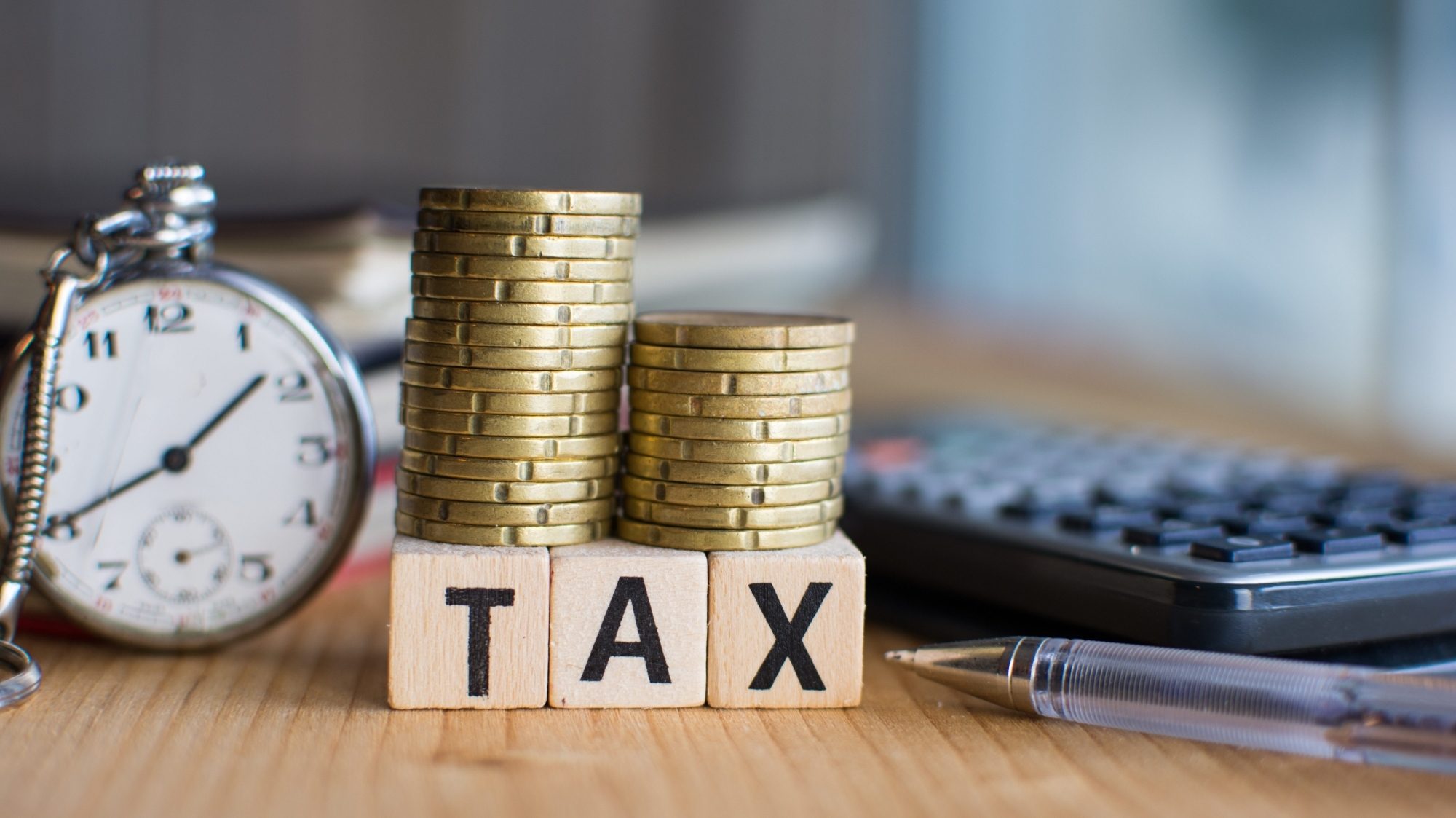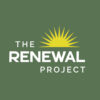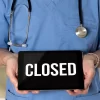Tuesday the Maryland Healthcare for All Coalition released a video demonstrating their position that high alcohol and tobacco taxes to address public health issues saves lives.
The video follows a comprehensive study from the Abell Foundation showing steep reductions in alcohol consumption and tobacco use, especially among young people, after tax increases were enacted.
“The data show that increasing alcohol and tobacco taxes is a viable strategy to improve public health outcomes and save lives,” said Vincent DeMarco, President of the Maryland Healthcare for All Coalition. “The video released today will raise awareness among policymakers and the public about this evidence-based policy solution to reduce alcohol and tobacco use and reduce healthcare spending. Developing an evidence based policy solution is the first step in transforming public will into public policy.”
The animated video, released in :15 and :90 versions, highlights the success in Maryland driving down alcohol consumption and smoking rates.
The narration states, “Take Maryland. When they implemented increased taxes on tobacco in 2008 and alcohol in 2011, they saw dramatic decreases in smoking and drinking and significant improvements in public health” as graphics depict the steep declines in smoking and alcohol consumption. The narration continues, “Because when alcohol costs more, people buy and drink less. When tobacco prices increase, more people give it up. This is especially true for young people!”
To view the video:
According to the Abell Report, experts from the Johns Hopkins Bloomberg School of Public Health found public health benefits of the alcohol and tobacco tax laws and analyze the revenue generated by them. The researchers conclude that taxing some consumer products is a policy strategy that has the potential to improve the public’s health.
Specifically, the authors found that following the alcohol sales tax increase in 2011 led to binge drinking by Maryland adults decreasing by 17 percent between 2011 and 2016 versus a 6 percent reduction nationally.
Among Maryland high school students, between 2011 and 2015, there was a 26 percent reduction in the percentage of students who consumed alcohol in the preceding 30 days, a 28 percent reduction in binge drinking, and a 31 percent reduction in students riding in a vehicle operated by a driver who had been drinking alcohol.
There was also a decrease in alcohol-positive drivers and in sexually transmitted infections in Maryland.
Following the $1.00 per pack cigarette tax increase in 2008, smoking by Maryland adults decreased by 26 percent among current smokers between 2011 and 2016.
Among Maryland high school students, there was a 47 percent reduction in students who reported smoking a cigarette in the preceding 30 days, as well as a decline in frequent smoking between 2007 and 2015.
Based on their research, the authors made four recommendations for maximizing public health gains through state policy:
1) Consider taxes as an effective policy strategy to improve the public’s health.
2) Monitor the public health impacts of tax policy.
3) Ensure transparency for bills that generate revenue.
4) Employ effective advocacy strategies when promoting public health policy initiatives.
New York has the highest tax on cigarettes at 435 cents per pack. They were followed by Rhode Island (350), Connecticut (340), Hawaii (320), and Washington State (302.5).
The state with the lowest taxes on cigarettes is Missouri at 17 cents per pack. They were followed by Virginia (30), Louisiana (36), Georgia (37) and North Dakota (44).
The state with the highest tax on beer is Washington at 76 cents per gallon. They are followed by North Carolina (61), Utah (51), Florida (48), and Mississippi (43).
The state with the lowest tax on beer is Wyoming at 2 cents per gallon. They are followed by Wisconsin (6), Pennsylvania (8), Oregon (8), and Kentucky (8).
The state with the highest excise tax on wine is Alaska at 250 cents per gallon. They are followed by Florida (225), New Mexico (170), Georgia (151), and Virginia (151).
The state with the lowest excise tax on wine is Louisiana at 11 cents per gallon. They are followed by California (20), Wisconsin (25), Colorado (28), and New York (30).
The state with the highest excise tax on hard alcohol is Alaska at $12.80 per gallon. They are followed by Illinois ($8.55), Florida ($6.50), New York ($6.44), and Hawaii ($5.98).
The state with the lowest excise tax on hard alcohol is Maryland at $1.50 per gallon. They are followed by Kentucky ($1.92), Missouri ($2.20), Colorado ($2.28), and Texas ($2.40).



















































